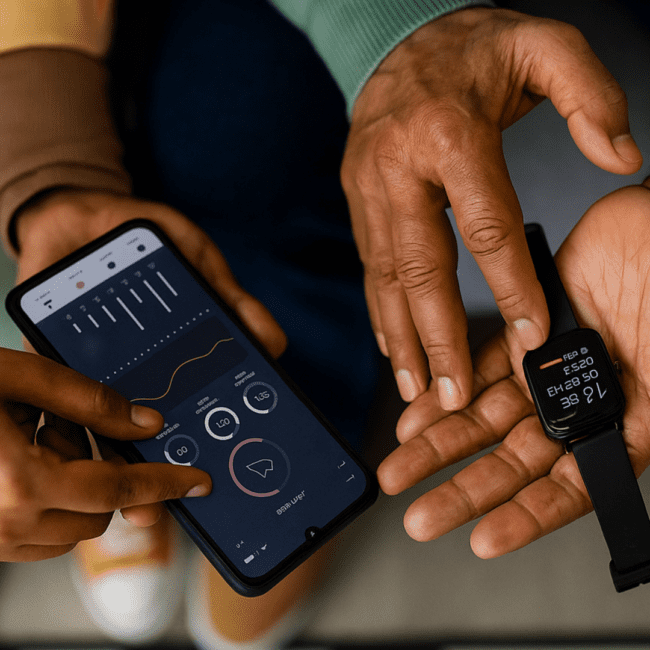As our parents age, managing their health often means dealing with multiple medications. It’s common for seniors to be prescribed a range of drugs to manage chronic conditions such as diabetes, arthritis, heart disease, and more. This phenomenon, known as polypharmacy, is usually defined as taking five or more medications daily, and can become complex and sometimes risky if not carefully managed.
From confusion and side effects to dangerous drug interactions, the risks of polypharmacy are real. As a caregiver, you play an essential role in helping your parents navigate their medication routine. This article offers practical tips on how you can support them safely and compassionately.
What Leads to Polypharmacy in Older Adults?
Polypharmacy often results from a combination of necessary treatments and poor coordination between different sources of care. Here’s why it happens:
- Multiple chronic health conditions: Ageing parents often have several ongoing health issues that require long-term medication.
- Different specialists prescribing different medicines: Without coordination, treatments can overlap or conflict.
- Addition of over-the-counter (OTC) drugs and supplements: These are easy to forget but can affect how prescribed medications work.
- Lack of regular medication reviews: Medicines that are no longer necessary may continue to be taken unnecessarily.
Your Role: Keep a detailed and updated list of all medications your parent is taking, including herbal remedies and supplements. This small habit can prevent major risks.
The Hidden Risks You Should Watch Out For
Polypharmacy can lead to more than just a cluttered medicine cabinet. It can affect your parents’ well-being in subtle but serious ways:
- Increased risk of falls, confusion, or hospitalisation
- Adverse drug interactions that may go unnoticed
- Difficulty sticking to the medication schedule
- Feelings of stress or overwhelm that lead to skipping doses
Your Role: Pay close attention to changes in your parents’ behaviour, appetite, sleep, or mood. Sometimes what seems like ageing may be a side effect of medication.
Signs That It’s Time for a Medication Review
Not sure whether things are on track? Look out for these red flags:
- Your parent is forgetting doses or mixing up pills
- They seem more tired, confused, or unsteady
- New symptoms show up after starting a new medicine
- They express feeling overwhelmed by too many pills
Your Role: Gently suggest a review with their doctor or pharmacist. Attending the appointment yourself or following up afterwards can make a big difference.
How You Can Help Your Parent Manage Their Medications Safely
Here are some simple but powerful steps to take:
-
Keep a Master Medication List
Write down everything: prescriptions, OTCs, vitamins, and home remedies. Update the list regularly and bring it to every medical appointment.
-
Help Organise Medications
Use tools like pillboxes, blister packs, and mobile apps. Create a daily routine so medicines are taken at the same time each day, like after meals or before bed.
-
Switch to Geriatric Care
Geriatricians specialise in elderly care and often focus on reducing unnecessary medications. If possible, transition to a doctor experienced in senior health. For instance, Samarth Clinic for Healthy Ageing is designed especially for older adults.
-
Attend or Review Medical Appointments
Encourage your parent to ask questions, and help them understand new instructions or dosage changes.
-
Foster Open Communication
Let them know it’s okay to question their treatment. Ask the doctor if any medications can be reduced, combined, or stopped.
-
Monitor Their Response
Observe how they feel each day. Don’t wait until the next appointment—call the doctor if something feels off.
Your Role: Be more than a reminder system. Be a caring presence that brings peace of mind. Managing medication is easier with someone supportive by their side.
How Doctors and Pharmacists Can Help
Encourage your parents’ healthcare providers to:
- Conduct a comprehensive medication review at least once a year
- Assess if any medications can be de-prescribed (safely reduced or stopped)
- Ensure prescriptions are coordinated across different doctors
Your Role: Be the point of contact who ensures every healthcare provider is on the same page.
Using Technology to Make Things Easier
- Medication reminder apps like Medisafe or CareClinic
- Smart pill dispensers that alert users to missed doses
- Telehealth consultations for easier access to doctors
Build a Circle of Support
If you don’t live nearby, create a local support network. A neighbour, friend, community nurse, or even a WhatsApp group of family members can be part of the plan.
Conclusion: A Small Effort for a Big Impact
Managing multiple medications is not easy for ageing parents, but with your support, it can be safer, simpler, and far less stressful. By staying informed, observant, and involved, you’re not just helping manage medicines, you’re showing love and care in one of the most meaningful ways.
Remember: sometimes the best medicine is simply knowing someone is looking out for them.






